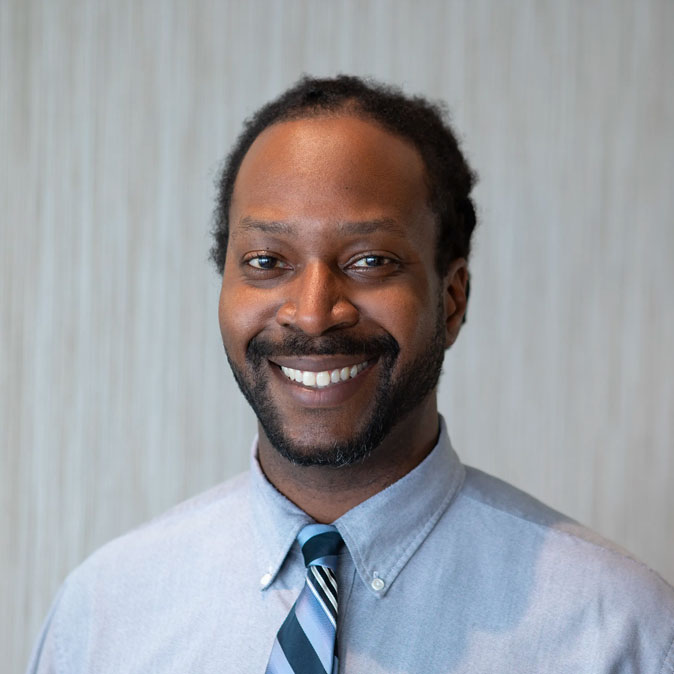
Mike Howard
I wanted to treat my clients how they deserved to be treated – by taking the time necessary to get to know who they are and what they need.
Learn More about Mike Howard
I wanted to treat my clients how they deserved to be treated – by taking the time necessary to get to know who they are and what they need.
Learn More about Mike Howard
I have always had a strong interest in the practice of law and how it affects all of us, especially those who find themselves victims of our imperfect legal system.
Learn More about Ben Todaro
My role as the paralegal in charge of new client intake allows me to combine my extroverted and social personality with my passion for helping people.
Learn More about David Johnson




